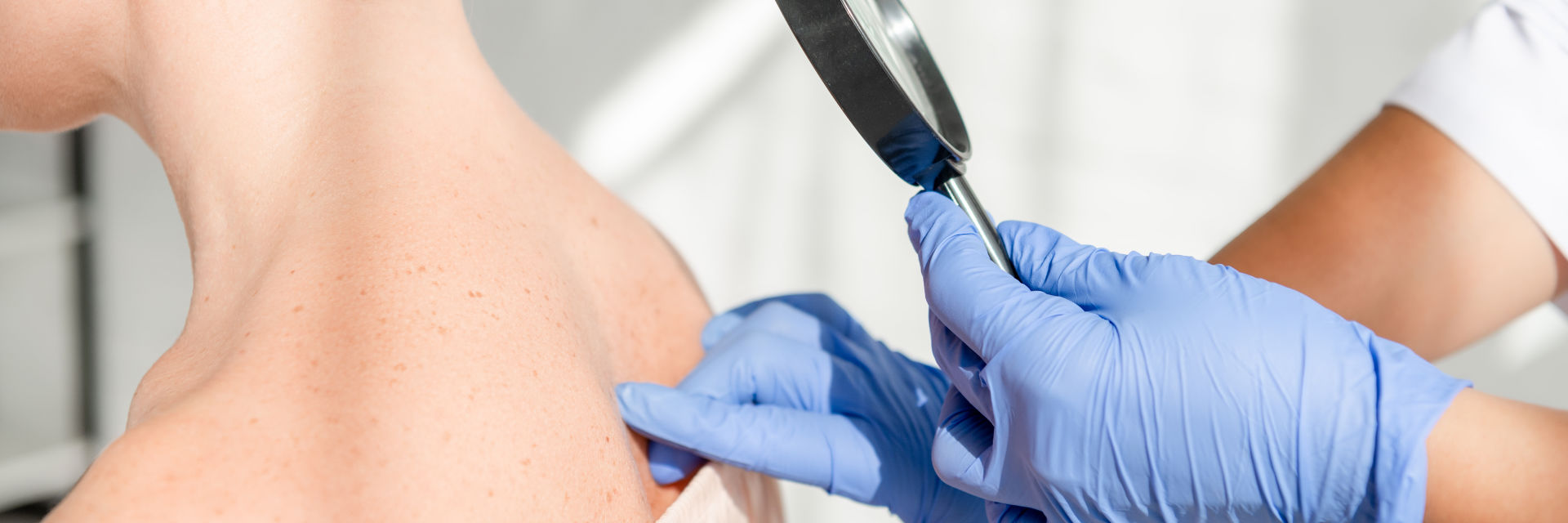Poison ivy is the most common cause of contact dermatitis or rashes in the U.S., but other plants can also create itchy rashes. Poison ivy, oak and sumac are among the plants that can cause certain symptoms and skin irritations. If you have a rash from poison oak, poison sumac or poison ivy, treatment is available at Precision Medical Specialists. Our dermatologist Dr. Katherine Chiang offers effective poison ivy treatment for contact dermatitis at our medical center in Wellington, FL.
Poison ivy, oak and sumac are all part of the same plant genus, toxicodendron. All three plants produce a substance called urushiol, a plant oil that is an allergen for most people. Touching poison ivy, oak or sumac can cause allergic dermatitis, a painful and itchy rash, if you are allergic to urushiol. An estimated 85% of people are allergic to these plants and will experience the symptoms of allergic contact dermatitis if they get the oil of a toxicodendron plant on their skin.
Symptoms of Poison Ivy, Oak and Sumac
Once you are exposed poison ivy, oak or sumac, an allergic reaction begins. This can occur from touching the plant directly or touching an item that has the plant oil on it. Airborne contact can also occur, entering your skin, nose, mouth and respiratory system. You may not feel any symptoms right away but there may be some red lines that appear on the skin where the urushiol came in contact. The allergic contact dermatitis symptoms usually begin in about 24-48 hours. These symptoms include:
- Red, itchy rash, streaks or patches
- Swelling and inflammation
- Blisters that ooze fluid and crust over
- Burning sensation
If you encounter airborne poison ivy, oak or sumac, you may experience burning in your eyes, nose or mouth. Severe reactions can cause coughing or wheezing. If you experience respiratory symptoms, you should seek immediate medical care.
In most cases of allergic contact dermatitis caused by poison ivy, oak or sumac, the symptoms will last 2-4 weeks and then dissipate. Mild symptoms can be treated with cool compresses, showers and calamine lotion for itching. For more severe symptoms, come see us at Precision Medical Specialists. Dr. Chiang can provide poison ivy treatment options to manage symptoms and prevent skin infections. This may include topical medications like corticosteroid creams or oral steroids to combat the allergic reaction.
If you have a severe or uncomfortable reaction to poison ivy, treatment is available at Precision Medical Specialists. Contact our facility near West Palm Beach to schedule an appointment.
